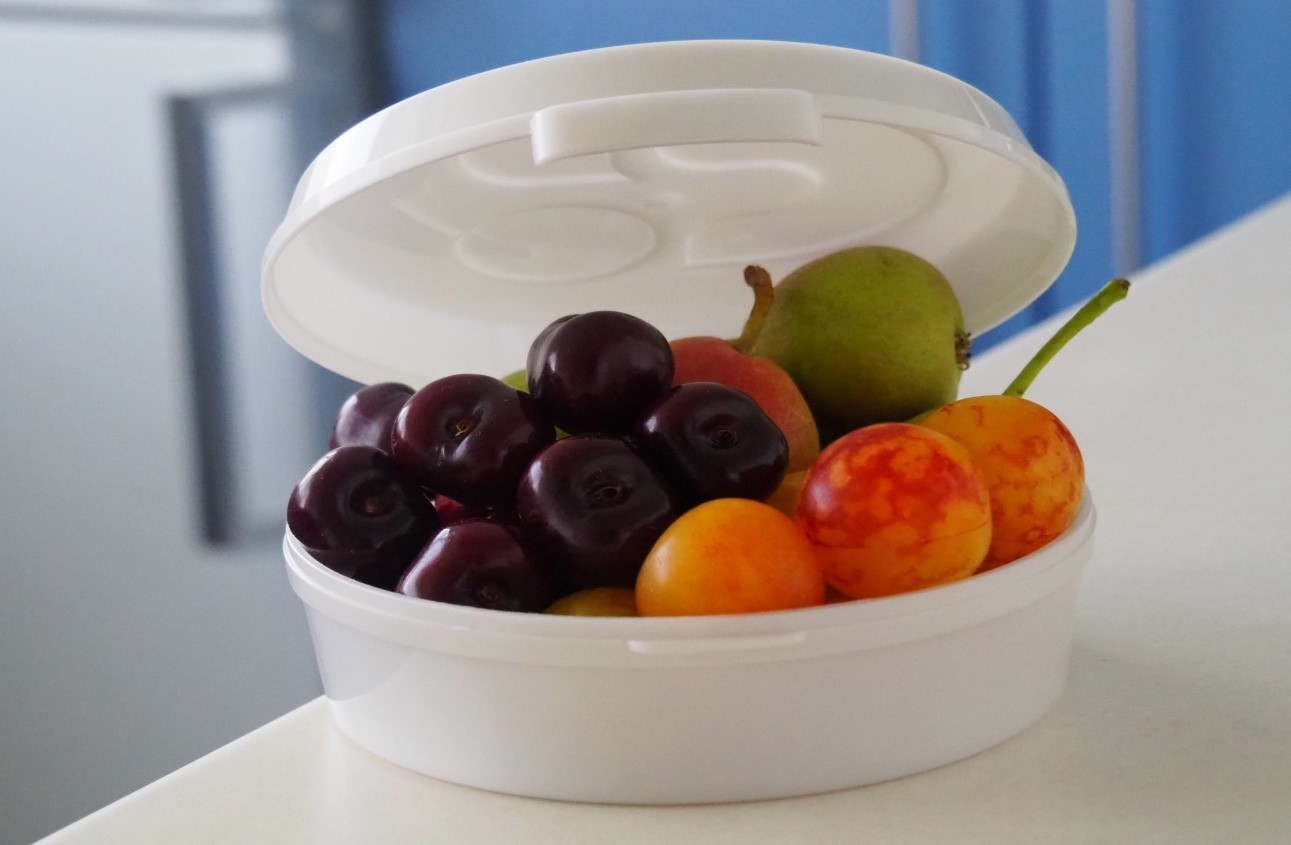
The Spanish National Research Council (CSIC) and the chemical company Ercros have signed an agreement to design a process for the production of bacterial biopolymers. These materials are useful for both short and long-term uses and are applied in industrial sectors as diverse as packaging, agriculture, and cosmetics.
“Obtaining renewable bio-based polymers is important to have sustainable materials that allow progress towards the circular economy. The new technology will lower the production costs of these biopolymers by having a more efficient, more sustainable process (since it uses raw materials with a low carbon footprint) and providing advantages derived from the performance of the materials”.
Two CSIC research teams are participating in this project, grouped together in the interdisciplinary platform SusPlast (Interdisciplinary Platform for Sustainable Plastics towards a Circular Economy). The two teams are the Polymer Biotechnology Group, from the Margarita Salas Center for Biological Research (CIB-CSIC), led by Auxiliadora Prieto, who also coordinates the platform; and the Systems Biotechnology Group of the National Center for Biotechnology (CNB-CSIC), directed by Juan Nogales.
Dr. Prieto and her team are experts in the production of bioplastics and participate in multiple research activities focused on the study of the metabolic and regulatory networks involved in the synthesis and degradation of bacterial biopolymers and their industrial applications. Dr. Nogales's team applies systems biology methods to decipher the complexity of microbial metabolism, as well as its evolutionary and biotechnological implications for the rational design of its properties aimed at new applications.
It is expected that the results of this joint research activity for the production of new biopolymers will be the starting point of the technology for the industrial production of innovative sustainable polymers, which meet the market requirements in applications where a high susceptibility to biodegradation in the environment and domestic and industrial compostability is required, moving towards a circular economy.
[CSIC Press Release]

